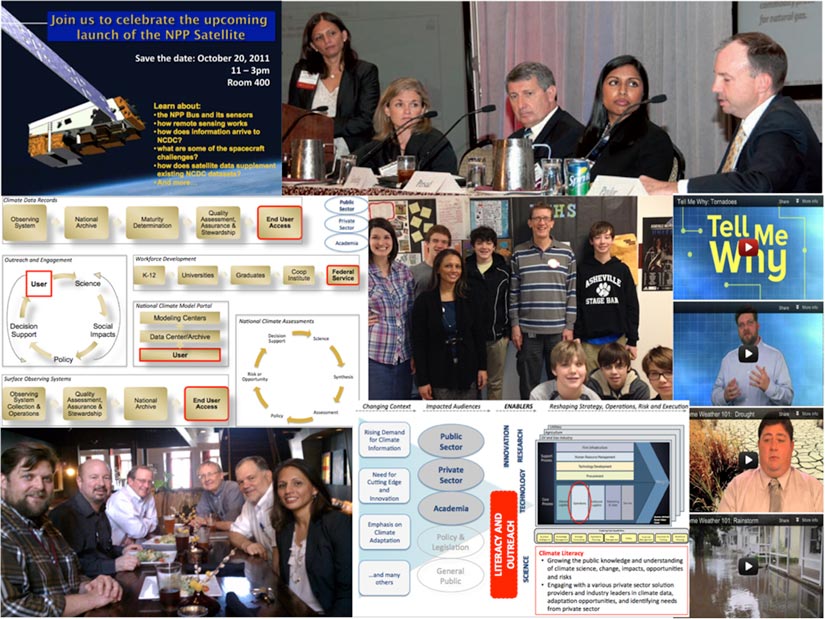
Freezing temperatures often adversely affect commercial and industrial operations, especially those with principal activities in an outside environment. One of the most significant hazards of freeze conditions are in the agricultural industry where late spring freezes, early fall freezes, and changes in the growing seasons can seriously impact plant production and crop volume. Freeze and frost information is useful in assessing the risk of operations, where the risk of crop production associated with planting dates, the length of the growing season, and potential destruction of immature and/or tender vegetation. All of these can be a key factor in a farm management strategy.
Similar risk management concerns occur in other commercial and industrial operations with regards to scheduling, in order to optimize productivity during certain temperature conditions. Other businesses that rely on frost and freeze data trends are highway construction, waterworks projects, inland waterway shipping, large-scale construction and transportation.
Observations are showing a shift in the freeze dates and in the growing warm season duration, particularly in a changing climatic condition. Plants are more susceptible to late season freeze events and crop varieties must be changed in order to adapt. Shifts in freeze dates also impacts the construction and transportation industry.
Examination of historical climate records can help decision makers determine when is the best time to plant a crop and what variety to plant. In 2011, NOAA released the 1981-2010 Climate Normals which include supplemental normals such as frost-freeze date probabilities, probabilities of frost-freeze occurrence, and growing season length normals. Climate Normals are the latest three-decade averages of climatological variables, including temperature and precipitation.
This workshop discussion focuses on frost and freeze data, along with relevant information that is useful to the industries that are most vulnerable and susceptible to changes in the freezing conditions.
Join us at NCEI on March 20–21, 2013 for this meeting. Please give Jenny Dissen or Geraldine Guillevic a call to reserve your space.
